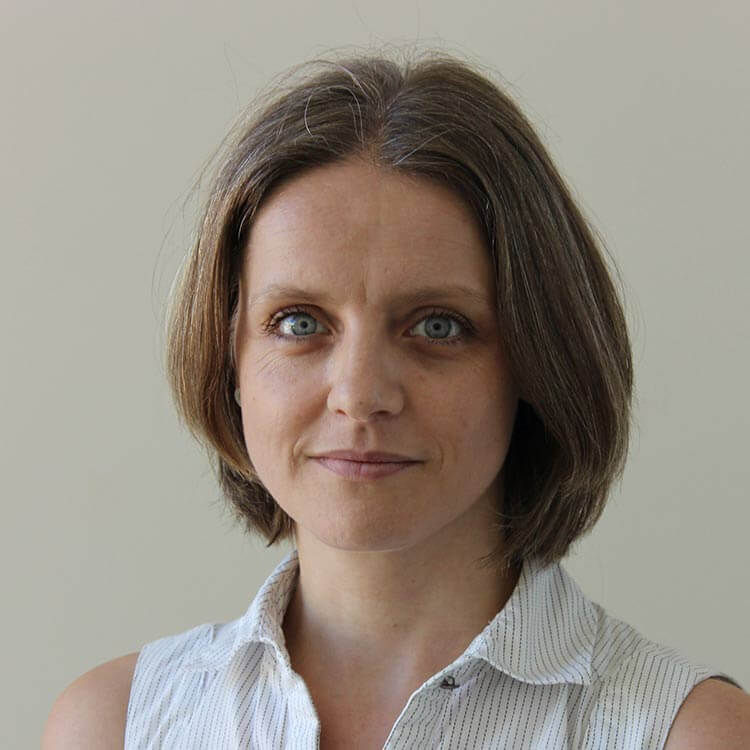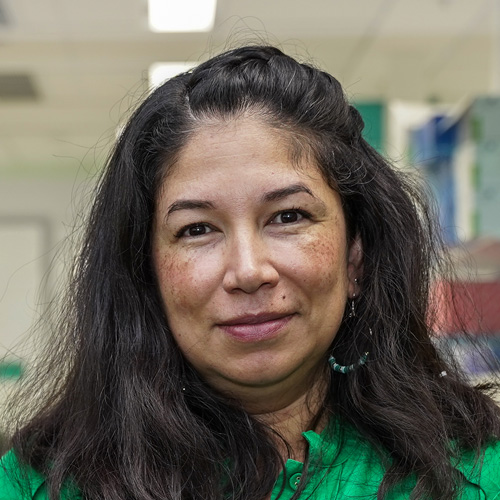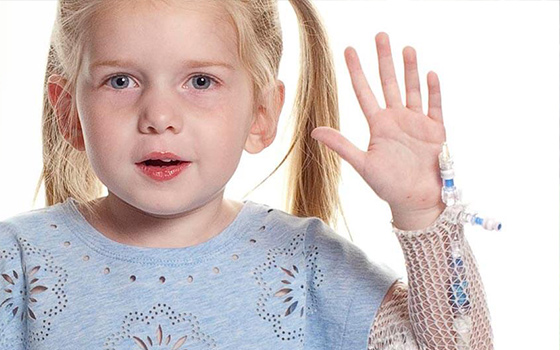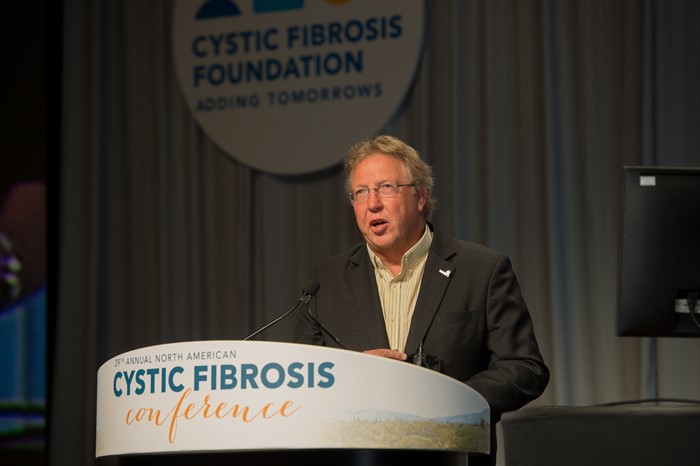Through local, national and international collaborations, the team will accelerate innovation in child respiratory health and translation of these discoveries into clinical practice and policy.
A major area of focus for the team is Cystic Fibrosis (CF), the most common chronic, life-shortening genetic condition affecting Australians. Our team leads the Australian Respiratory Early Surveillance Team for Cystic Fibrosis (AREST CF), a collaborative group of over 30 doctors, allied health professionals and researchers dedicated to improving the respiratory health of children with CF by translating scientific research into tangible clinical outcomes. Research by our group and others has shown that infants and children with CF exhibit reduced lung function and evidence of inflammation and infection at a very early age. This highlights the need for new treatments that can be given from time of diagnosis to prevent and/or reverse the damage.
Learn more about the AREST team here.
Team members (22)

BSc MSc PhD Cantab

PhD, MS, BS

Eng, MSc, PhD

Laura Akesson
Honorary Research Associate

Georgia Banton
Clinical Trial Coordinator

Josh Beeson
Project Officer

Oded Breuer
Honorary Research Fellow

Daan Caudri
Honorary Research Fellow

Barry Clements
Honorary Research Fellow

Eleanor Ferguson
Clinical Trials Coordinator

Alexia Foti
Project Manager, Synergy

Sam Eastcott
Clinical Trial Manager

Alya Ishak
Collaborator

Yuliya Karpievitch
AI and Data Analyst, Biostatistician

Rebecca Langford
Program Manager, Cystic Fibrosis Research

Kak-Ming Ling
Research Assistant

Jaqueline Macpherson
Research Coordinator

Fergal O'Gara
Honorary Distinguished Research Associate

Liz Starcevich
Research Study Coordinator

José Caparrós Martín
Research Fellow

Clare Berry
Program Manager, Wal-yan Respiratory Research Centre

David Hancock
Honorary Research Fellow Team Member
P4 Respiratory Health for Kids projects
Featured projects
SYNERGY CF: Getting the best start to life - preventing early cystic fibrosis lung disease by solving the host-inflammation infection conundrum
Cystic fibrosis related progressive lung disease characterised by inflammation and infection commences soon after birth.
SHIP CT: A Phase 3 randomised, double-blind, controlled trial of inhaled 7% hypertonic saline versus 0.9% isotonic saline for 48 weeks in patients with Cystic Fibrosis at 3-6 years of age in parallel with the North American SHIP clinical trial.
SHIP-CT, led by Professor Stephen Stick, Director of the Wal-yan Respiratory Research Centre at The Kids, is a unique study in preschool-aged children (from 3-6 years of age) with CF using images of the lung from chest CT scans as the main outcome measure.
Other projects
DEFEND CF: Biomarkers to define the treatment end-point for pulmonary exacerbations in cystic fibrosis AREST CF Early Surveillance Program BANK CF: The Respiratory Centre BIOBANK COMBAT CF: A phase 3 multi-centre randomized placebo-controlled study of azithromycin in the primary prevention of radiologically-defined bronchiectasis in infants with cystic fibrosis. PREDICT CF: Assessing the role of lung clearance index in predicting disease progression in children with cystic fibrosis Cystic Fibrosis Early Surveillance Program

